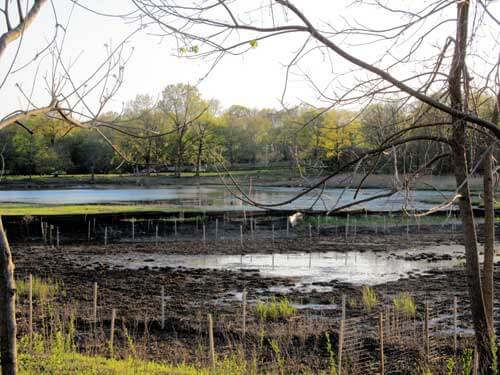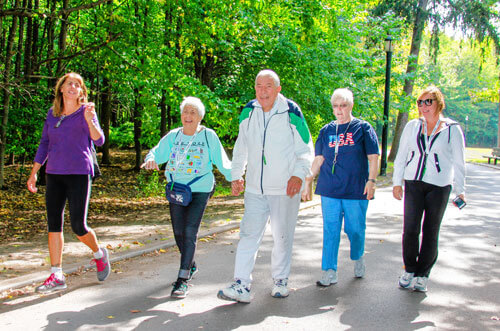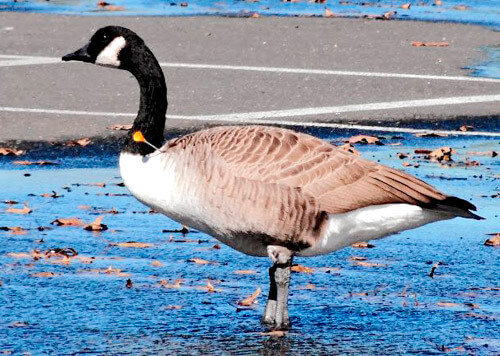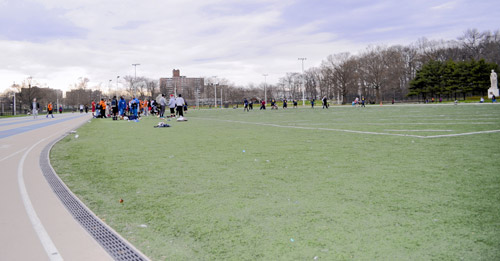The continuation of the ecological restoration Pelham Bay Park’s Turtle Cove will now expand west from the cove into the wooded area along Orchard Beach Road.
Since 2009, the inlet from Eastchester Bay known as Turtle Cove has been getting a lot of care from the Parks Department as part of an ongoing restoration of native vegetation and removal of invasive plants which cripple the natural habitat. Parks has also installed a new footbridge as part of the Siwanoy hiking trail.
The upcoming phase of work includes the removal of invasive plants and the replanting of native vegetation on 11.5 acres. The phase on the narrow woodland between the back fence of the Turtle Cove Driving Range and Orchard Beach Road should be complete within two years, according to a draft of the Parks Department contract dated Wednesday, November 30.
Mayor Bloomberg’s MillionTreesNYC initiative has greatly aided in providing the necessary funding to make the project a reality, said Pelham Bay Park administrator Marianne Anderson.
“This is going to create a more diverse plant life that is going to attract wildlife,” Anderson said. “The MillionTreesNYC project has been a godsend in terms of funding projects like this.”
Currently, the location is overrun with invasive plants including Porcelainberry, Mile-A-Minute, and Oriental Bittersweet, Anderson said. People driving through the park on Orchard Beach Road can expect to see some changes in the next year as the forest is cleared of invasive plants, Anderson said.
“We have had quite a bit of complaints about the state of the forest, with trees that are primarily black locusts falling down left and right,” Anderson said. “They will notice an improvement right away by how clean it looks.”
Currently, the forest looks like it has a veil growing under it. Soon motorists driving by will see something that is a little more idyllic, Anderson said.
The Friends of Pelham Bay Park have assisted in the removal of the invasive plants in the area, and have already noticed more wildlife, including birds, around Turtle Cove, said the organization’s president Lizbeth Gonzalez.
Gonzalez said, “The removal of invasive plants and shrubs is incredibly hard work, and we get scratched and poked by the thorns that are suffocating native plant growth.”
Volunteer assistance will continue to be an important part of the stewardship of the area around Turtle Cove, Glover’s Rock, Orchard Beach Road, and the Turtle Cove Driving Range, according to the Parks contract.
Native plants and shrubs will likely include red oak, white oak, pin oak, tulip poplar, sweeetgum, black birch, hackberry, and white pine, the contract states.
Patrick Rocchio can be reach via e-mail at procchio@cnglocal.com or by phone at (718) 742-3393

















